On-Grid vs Off-Grid Solar System
On-Grid vs Off-Grid Solar Systems are two major types of solar energy setups that homeowners in Pakistan often consider before switching to renewable power. As electricity costs rise and power outages remain common, understanding the difference between these two systems has become essential. Both systems generate electricity from sunlight, but the way they store and deliver energy differs. An on-grid system connects directly to the national grid and can reduce your electricity bills through net metering, while an off-grid system works independently using batteries for power storage. Choosing between the two depends on your location, energy needs, and budget. As solar adoption grows in Pakistan, understanding how these systems work helps you make a smart, long-term investment in clean energy.
What is an On-Grid Solar System?
An on-grid solar system is one that works with the national electricity grid. It generates electricity from the sun during the day and sends it directly to your home for use. If your panels produce more electricity than you consume, the excess energy is fed back into the grid through a system called net metering. These exported units are then adjusted in your electricity bill, which can reduce or even eliminate it. The best part is that this system doesn’t require batteries, making it cheaper and easier to maintain. However, the only drawback is that it shuts down during a power outage unless you use a hybrid inverter. This system is best suited for homes in big cities like Lahore, Karachi, and Islamabad, where the grid supply is stable.
- Main Features of the On-Grid System
- Connected with WAPDA (or local power company) through net metering.
- No need for batteries, it uses the grid as backup.
- Cheaper installation cost compared to off-grid.
- Ideal for urban areas with a stable electricity supply.
- Advantages of the On-Grid System
- Green Metering Benefit: You can sell extra units back to the grid and reduce your bill.
- Low Cost: No batteries required, so the installation is more affordable.
- Simple Maintenance: Since there are no batteries, upkeep is minimal.
- Eco-Friendly: Reduces carbon emissions and dependence on fossil fuels.
- Disadvantages of the On-Grid System
- Higher installation cost due to batteries.
- Batteries need to be replaced after a few years.
- Efficiency depends on battery capacity and the availability of sunlight.
- Does not work during power outages (unless you use a hybrid inverter).
- Relies on grid connection, so not suitable for off-grid or remote areas.
What is an Off-Grid Solar System?
On the other hand, an off-grid solar system works completely independently. It does not connect to WAPDA or any electricity company. Instead, it stores the extra power in batteries, which you can use at night or during load-shedding hours. It provides full backup even when the grid is down, making it ideal for rural areas or villages where power supply is unreliable. But since batteries are expensive and need replacement after a few years, the cost of an off-grid system is higher. It also needs more maintenance, as batteries must be kept in a clean, well-ventilated place to perform well.
- Main Features of the Off-Grid System
- Solar panels generate DC electricity during the day.
- The inverter converts it into AC power for immediate use.
- Extra electricity charges the battery bank.
- At night or during cloudy weather, batteries provide backup power.
- Works completely independently from the grid.
- Suitable for rural or remote areas.
- Advantages of the Off-Grid System
- Provides electricity even during power failures.
- 100% energy independence, no monthly electricity bills.
- Ideal for farms, remote homes, or areas with no grid connection.
- Disadvantages of the Off-Grid System
- Higher installation cost due to batteries.
- Batteries need to be replaced after a few years.
- Efficiency depends on battery capacity and the availability of sunlight.
On-Grid vs Off-Grid – Which System Is Best For Homes
Choosing between an on-grid and off-grid system depends on your location, electricity needs, and budget.
For most urban homes in Pakistan, such as Lahore, Karachi, or Islamabad, an on-grid solar system is the best option due to its cost-effectiveness, minimal maintenance, and net metering benefits.
However, if you live in a rural area with frequent power outages or an unstable grid supply, an off-grid system ensures complete energy independence. You get a continuous power supply even during outages, and you don’t rely on WAPDA or any power company.
A third option is a hybrid solar system that combines features of both on-grid and off-grid systems. It can store energy in batteries and also export surplus electricity to the grid.
This setup gives you the benefit of net metering and backup power together, though it is slightly more expensive.
Best for: Urban homes that face frequent power outages but still want to enjoy net metering benefits.
The cost of on-grid vs off-grid, and hybrid solar systems in Pakistan varies mainly based on components, capacity, and power backup needs. An on-grid solar system is generally the most affordable option because it doesn’t require batteries. The average price for a 5kW setup ranges from PKR 8 to 9 lakhs, depending on the brand and inverter type. In comparison, an off-grid system is more expensive since it includes batteries for energy storage, raising the total cost to around PKR 11 to 13 lakhs for a similar capacity. The hybrid solar system combines the benefits of both grid connection and battery storage, making it the most advanced but also the costliest option, typically priced between PKR 13 and 15 lakhs for a 5kW setup. While on-grid systems offer quick payback through net metering, off-grid and hybrid systems provide better backup and independence, which justifies their higher investment.
Conclusion: On-Grid Vs Off-Grid Vs Hybrid Solar System
In conclusion, choosing between on-grid and off-grid solar systems depends on your power needs, location, and budget. For most homeowners in cities, the on-grid vs off-grid comparison clearly shows that on-grid systems are more affordable and efficient due to net metering benefits. Off-grid systems, however, are ideal for rural areas where grid power is unreliable. A hybrid solar system offers the perfect balance by combining grid connection with battery backup, ensuring continuous power even during outages. Each system has its own advantages, but all contribute to cleaner, more sustainable energy use in Pakistan. Investing in the right solar setup today means long-term savings, energy independence, and a greener future.
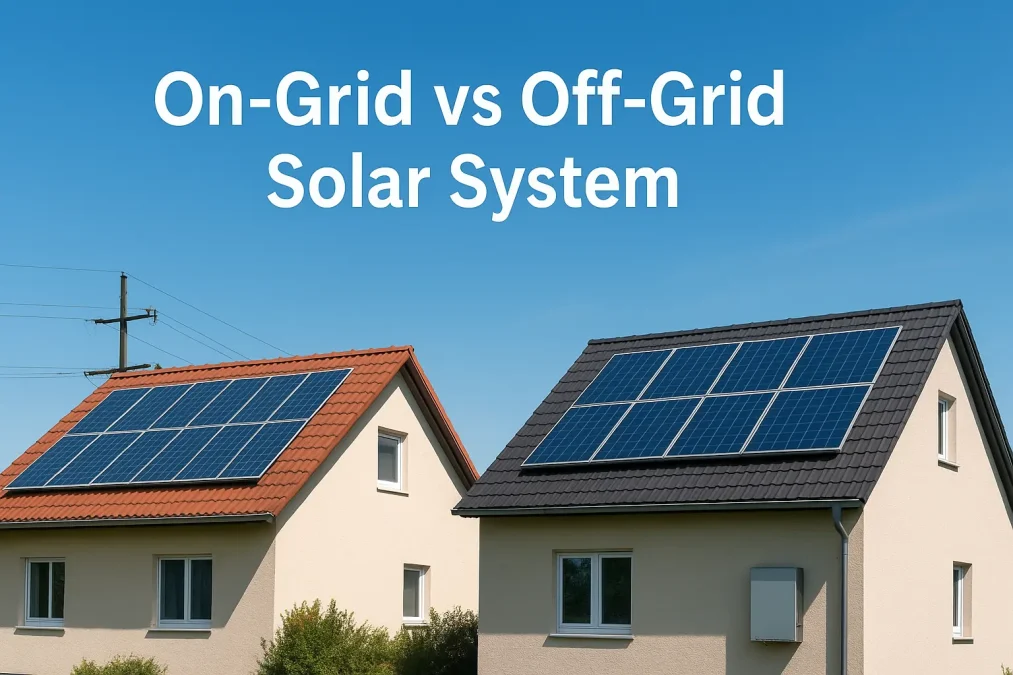

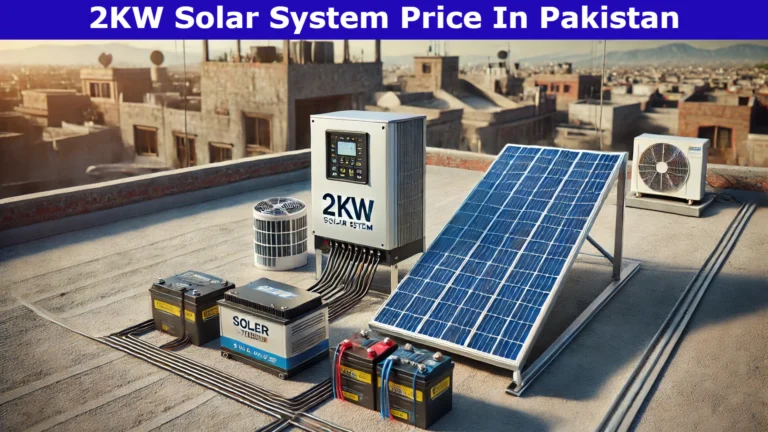
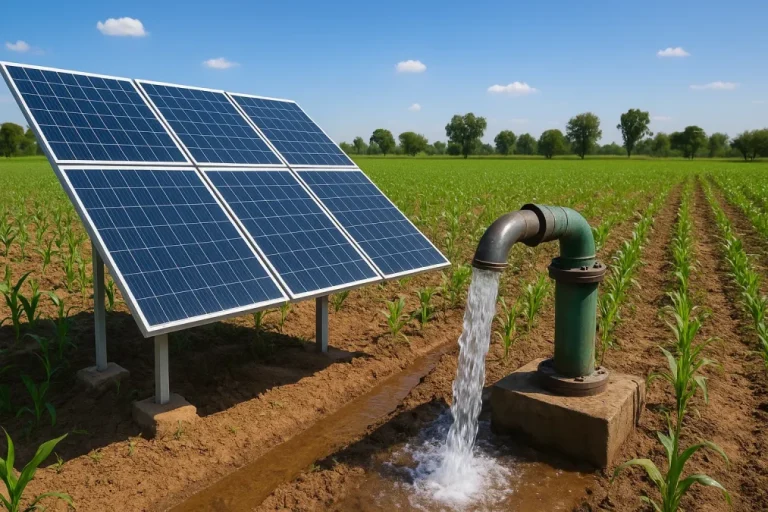

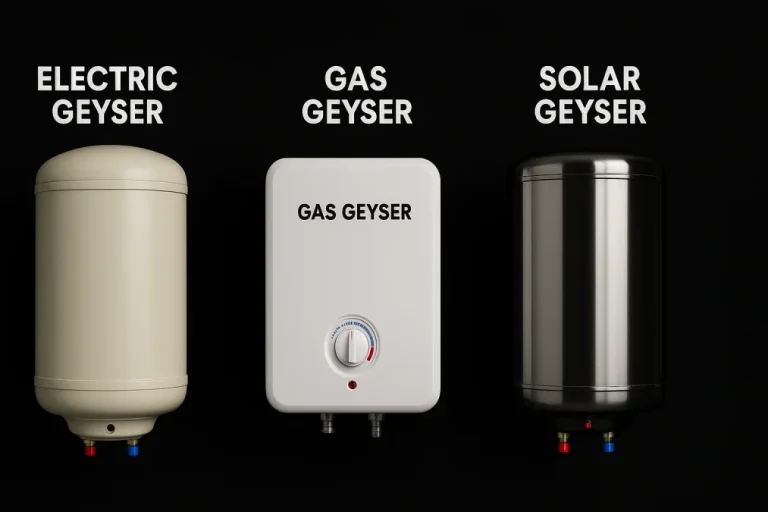
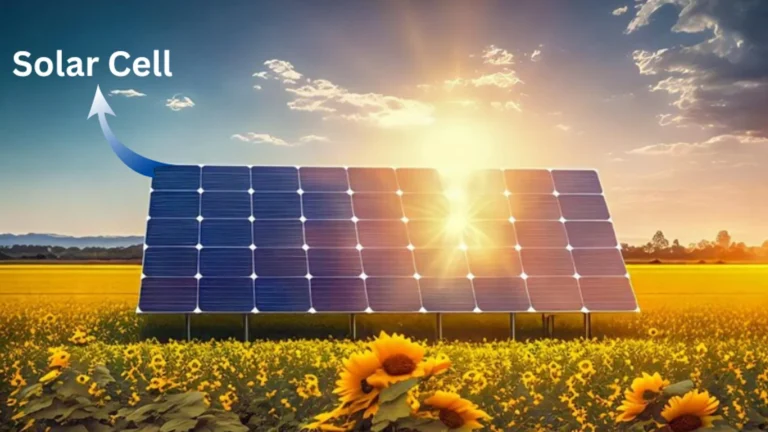
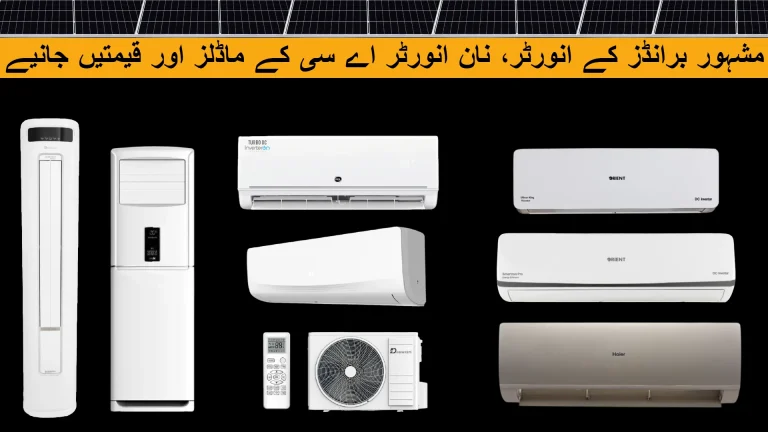
One Comment